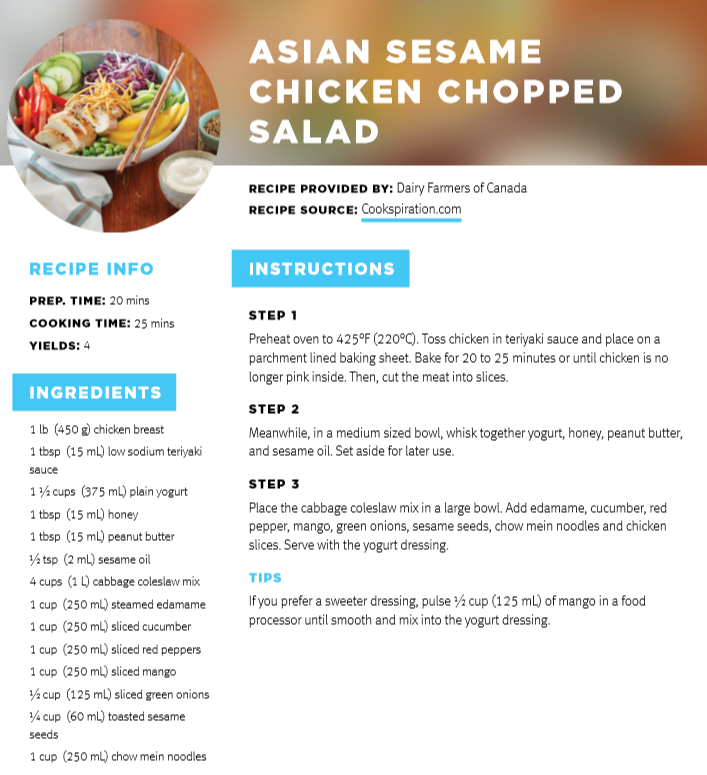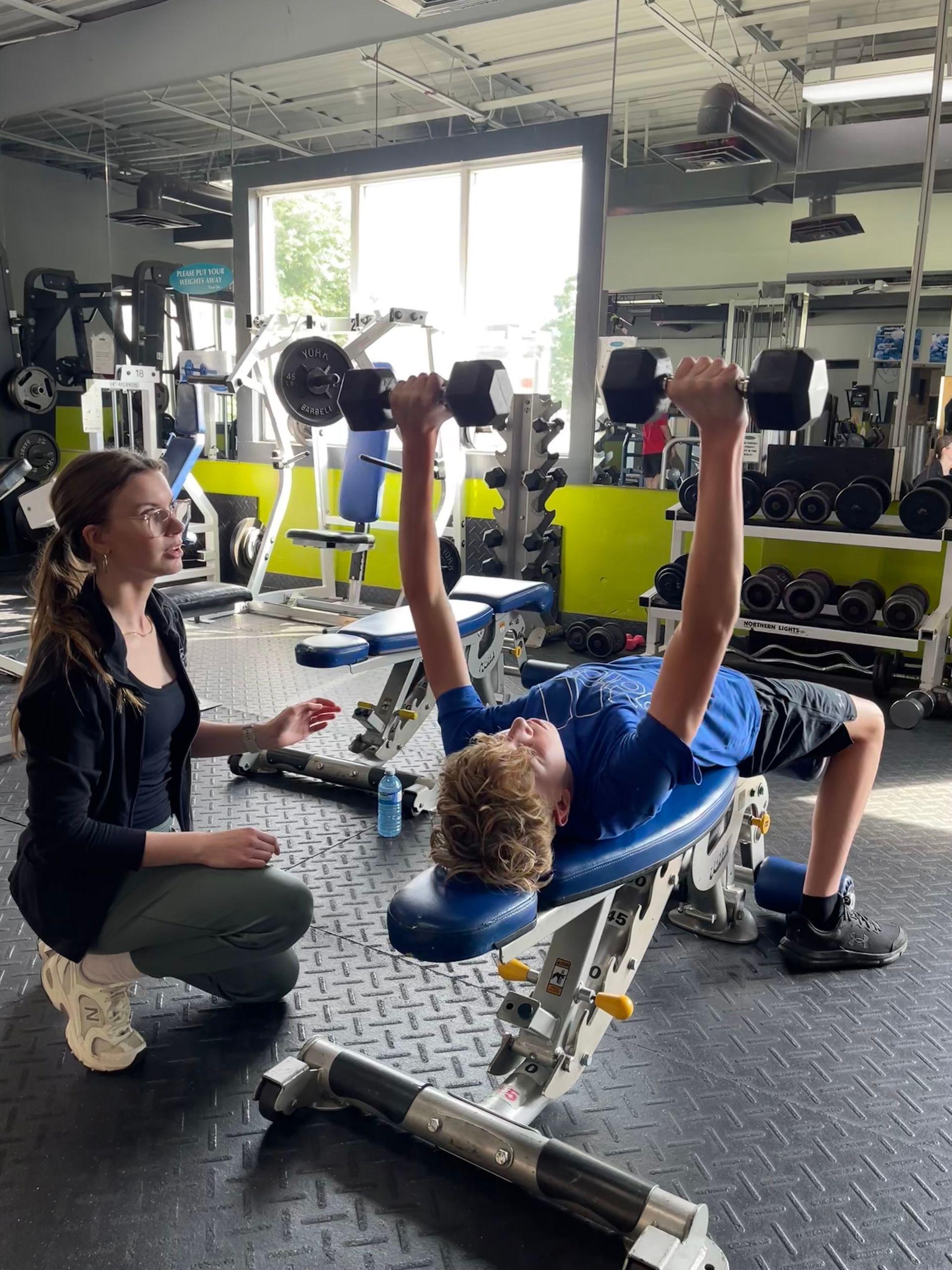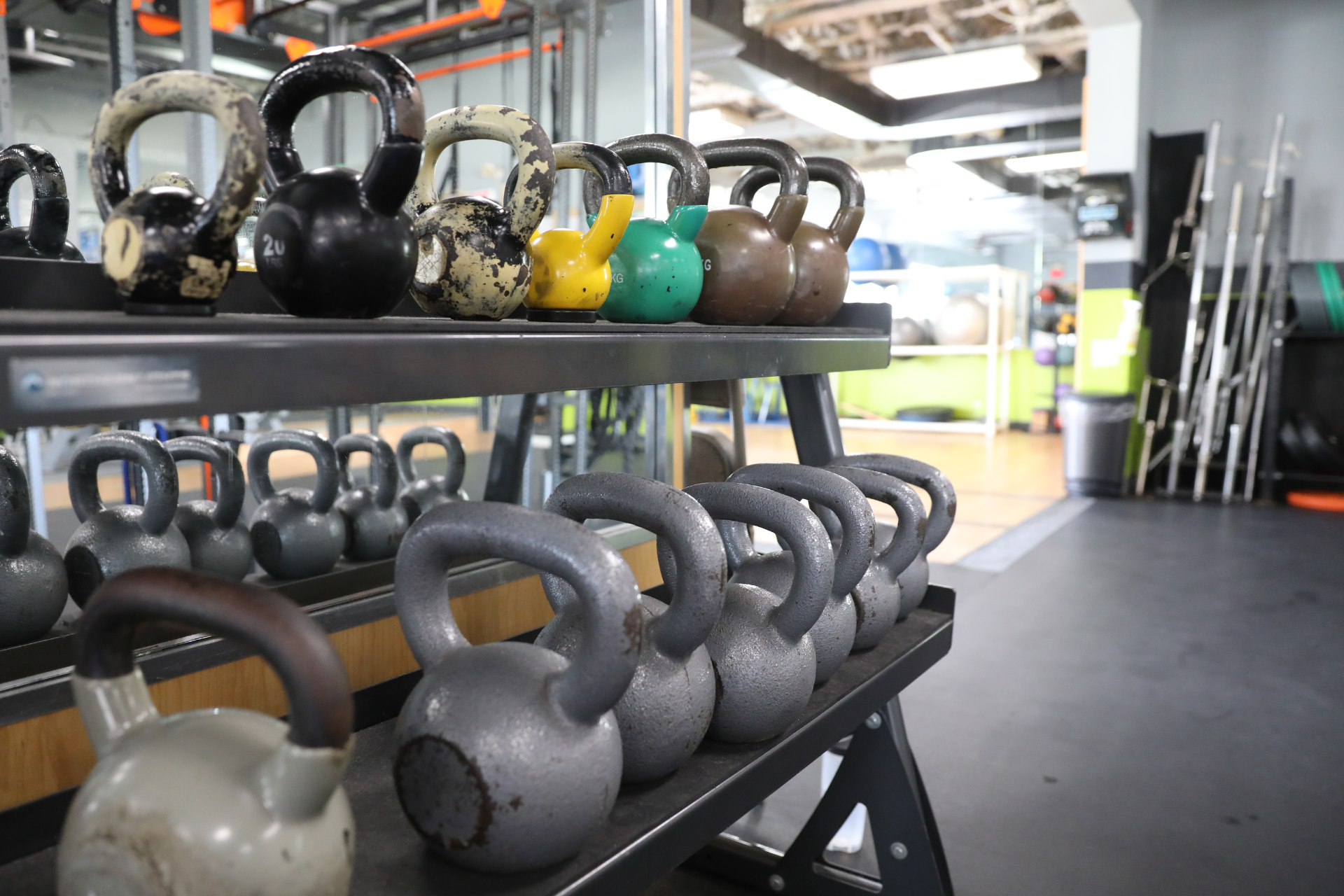Each year in March, The Dietitians of Canada have a nutrition month campaign. This year, the theme is “Unlock the Potential of Food”. In this campaign, they highlight 4 different ways to help you unlock the potential of food. These are:
- The Potential to Fuel
- The Potential to Heal
- The Potential to Prevent
- The Potential to Discover.
Working with a Dietitian can help benefit you in all of these areas as well as many more. Below we have outlined how working with a nutritionist relates to the 4 sections of nutrition month.
The Potential to Discover:
Starting from a young age, inspiring children to shop, cook and prepare food can set them up for a lifetime of healthy eating. Yet, a recent Ipsos survey found that 38 per cent of parents rarely or never let their child prepare a meal or snack. Dietitians can help you to shop for and prepare healthy meals, giving children the power to discover better health as they grow.
Potential to Fuel:
Nutritious snacks, in the right portion sizes, can be part of a healthy eating plan. Almost half of all Canadians say that eating a balanced diet is challenging for them because they are so busy. They often skip meals, and close to 30 per cent of Canadians say they snack to stay fuelled in a busy day. Dietitians can help you unlock the potential of food by teaching you how to plan and choose snacks and meals.
Potential to Prevent:
Lifestyle factors, including what we eat, can influence our health. A nutritious diet can help prevent illness and can lower the risk of developing chronic diseases. Dietitians can help you follow a healthy eating pattern that suits your individual needs and health goal.
Potential to Heal:
Dietitians believe in and understand the potential of food to enhance lives and improve health. Dietitians can help you select and prepare the foods you need to meet your nutrient needs. They use food to promote healing, and educate about how nutrition can help prevent or manage certain conditions, such as diabetes, celiac disease, swallowing problems (dysphagia), heart conditions, cancer and more.
Please enjoy the following recipe from the Dietitians of Canada











